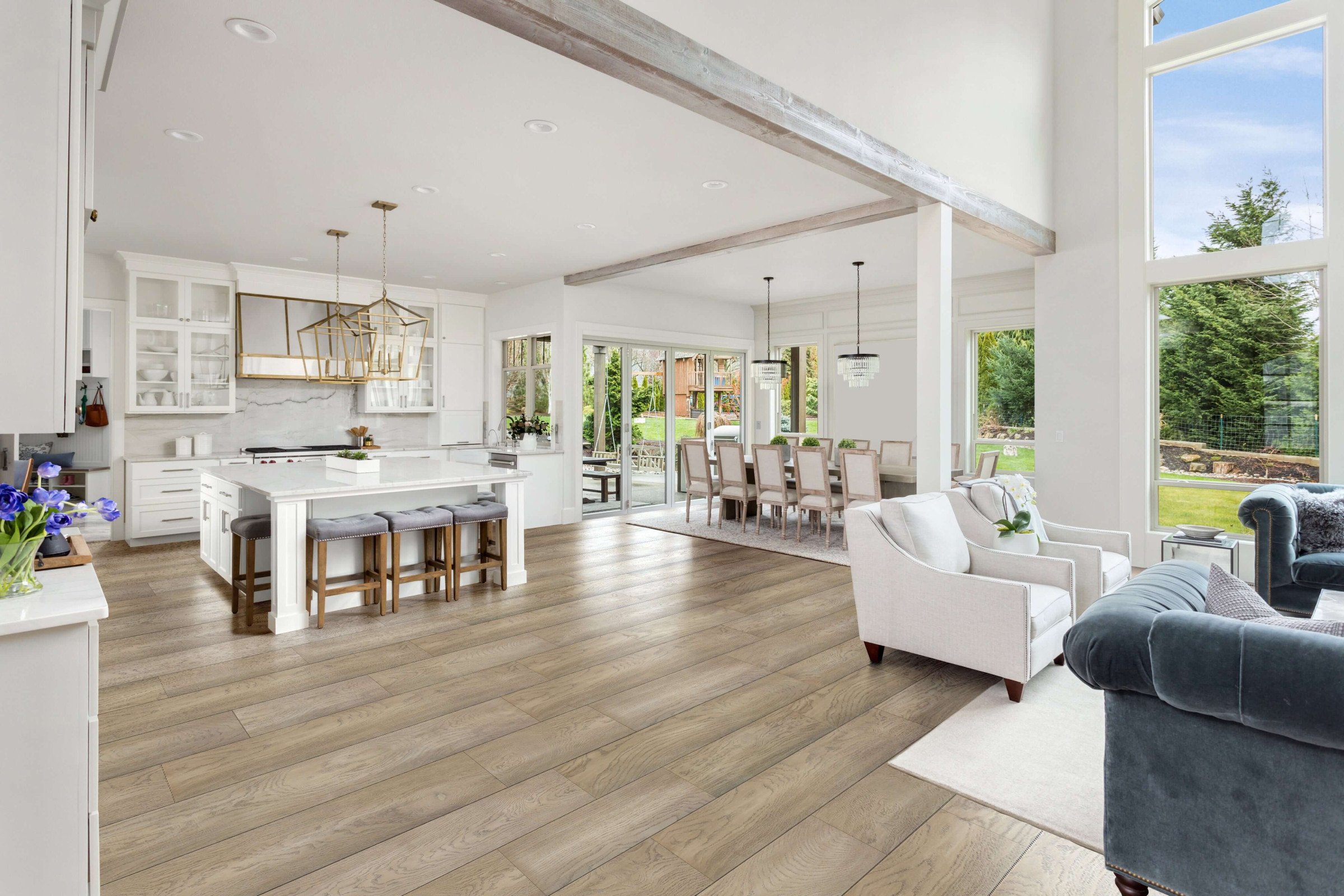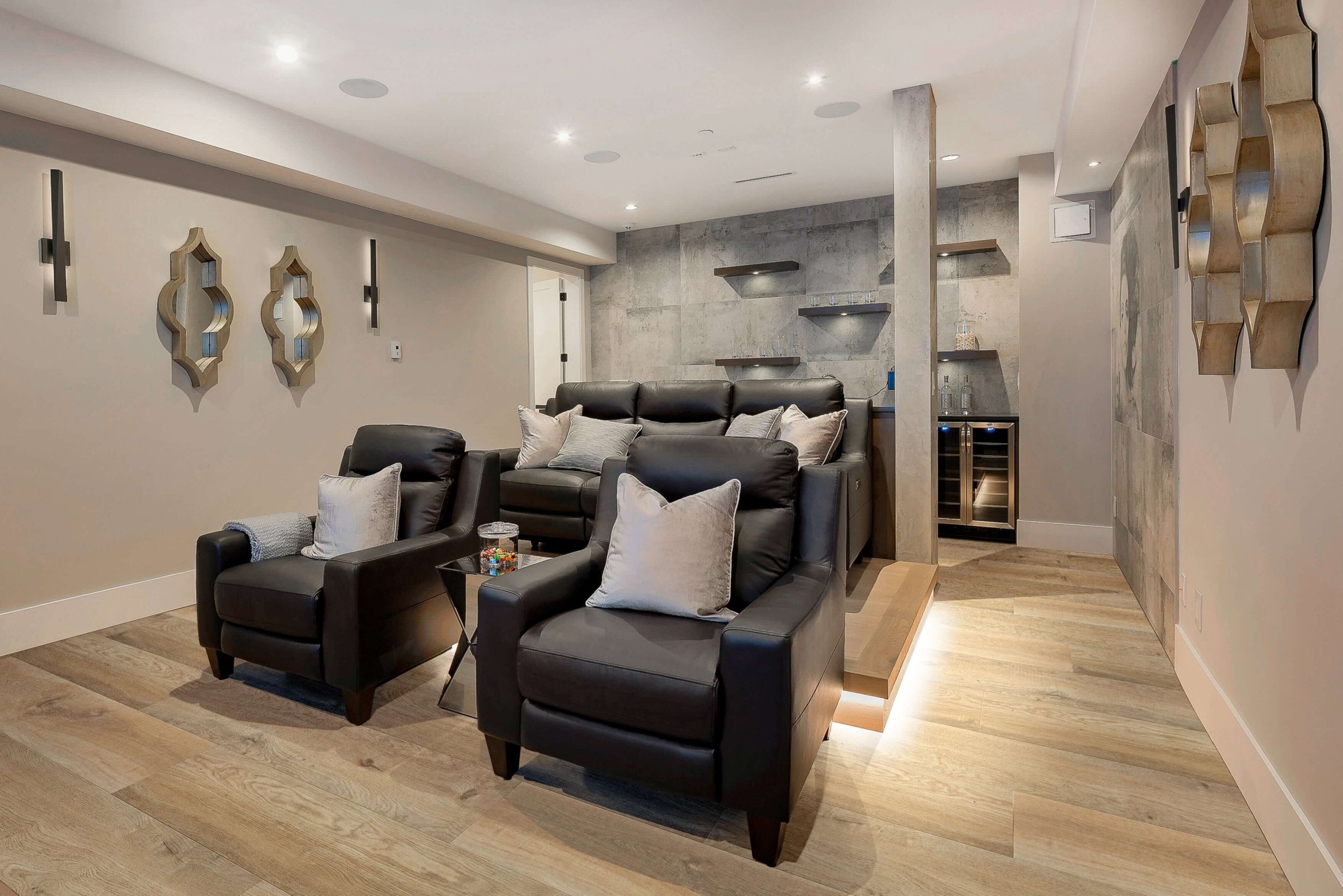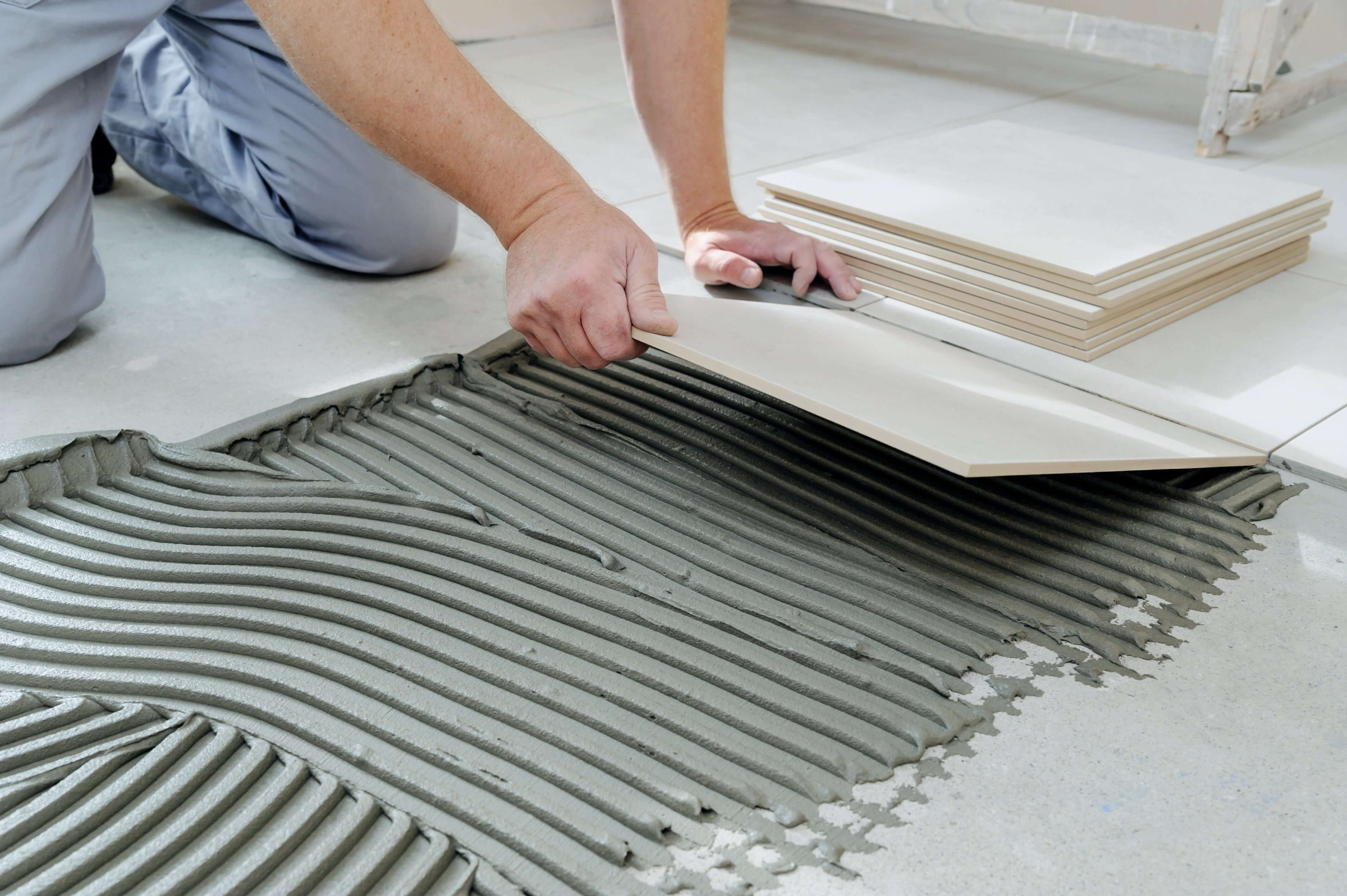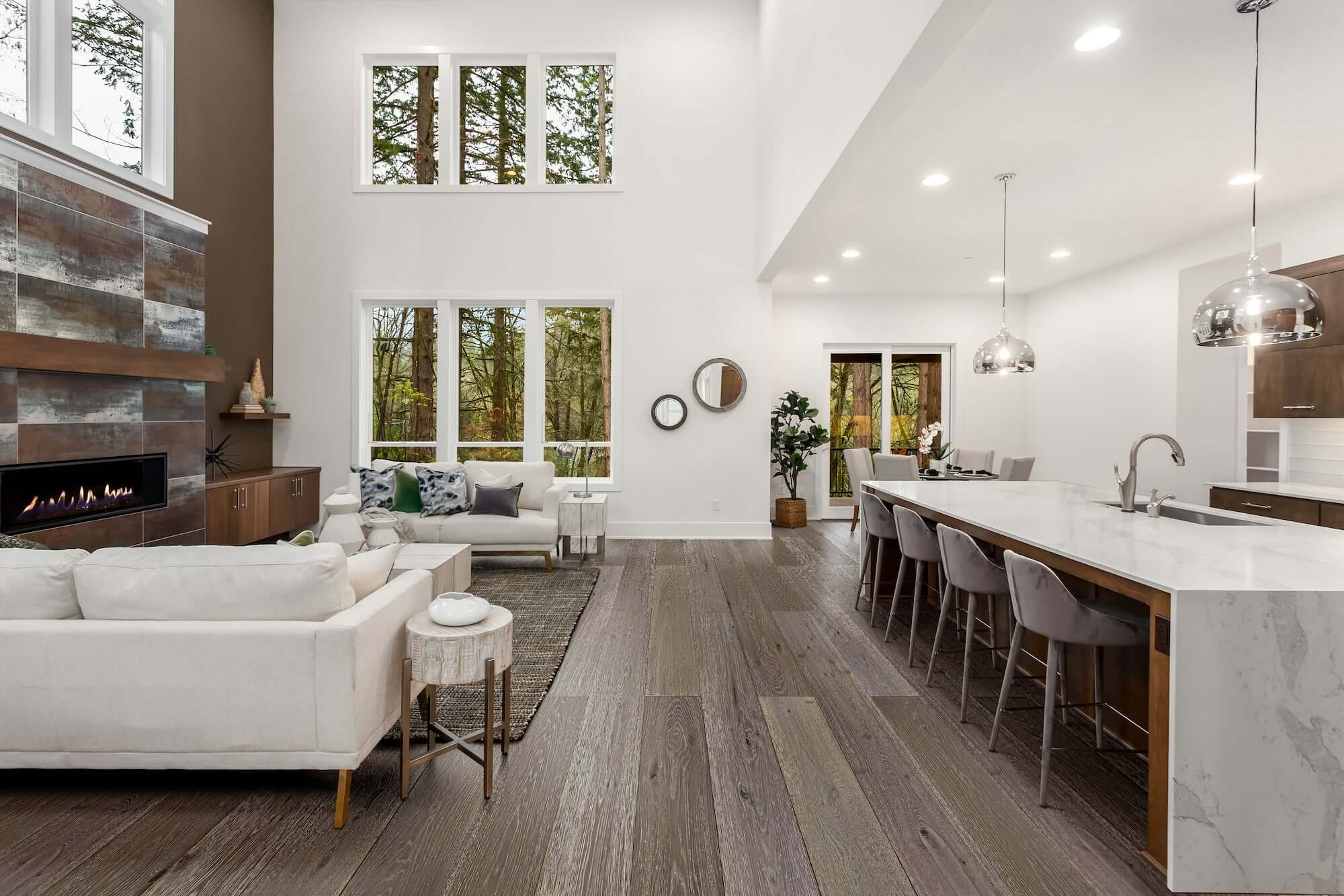
Fact or Myth: Do Hardwood Floors Increase Home Value?
Pictured: Terra Engineered European Oak Hardwood Floors
One of the first questions homeowners ask when they plan to install hardwood flooring in a new home or home renovation is whether it will increase the value of their homes. If you can attract buyers and sell your home for a higher price because of hardwood floors, the increased home value offsets some of the flooring installation costs.
Before investing in hardwood floors, it makes sense to ask, “Do hardwood floors increase home value?” and "How much will I be able to sell my home for?" The simple answer is, Yes. Hardwood floors are a worthwhile investment which will add to the value of your home. How much value they add will depend on a number of other elements -- the type of hardwood floors that you choose, how well you maintain them, how well your floors complement the rest of your home, the neighborhood you live in, and more.
How Much Value Can Hardwood Floors Add?
As a general rule of thumb, homeowners who put in hardwood floors see an increase in their home value of about 75% of the installation cost. If you spend $10,000 on new hardwood floors, your home value might increase by $7,500. As a result, if you sell your house right after installing the floors, your net cost would be only $2,500.
The 75% rule does not apply in all cases, for many reasons:
- Some types of flooring are more coveted than others
- Hardwood floors are trendier in some areas of the country than others
- Floor styles that complement the overall design of the home will of course make a better impression on prospective buyers
- Hardwood floors are more suitable for some uses than others
The overall desirability of the home, including curb appeal, can also affect the return on investment from new hardwood floors.
Which Type of Hardwood is the Best Investment?
If you plan to install hardwood floors, one of the first decisions you will need to make is whether to use solid hardwood floors or engineered hardwood floors. Ultimately, both options will give you great return on investment, and calling out hardwood floors in your home's listing is sure to catch attention.
Each type of hardwood will last for decades and homes from the 19th or early 20th centuries traditionally use solid hardwood floors. Solid hardwood floors have a more traditional appeal and when paired with complementary design elements, is classic and elegant. Engineered hardwood floors on the other hand are every bit as attractive as solid hardwood, if not slightly more for those looking for a more contemporary feel. Engineered hardwood floors you'll commonly find in homes with a "modern farmhouse" aesthetic and larger homes with wider and longer planks.
Interested in Investing in Hardwood Floors?

Pictured: Solid Acacia Natural Hardwood Floors
Not sure where to begin? Our team is here to help. From design consultations to product education and recommendations, let us help you find the flooring of your dreams. Our catalog includes a range of species, finishes, dimensions, and stains/ Our Kempas wood flooring is one of our longest-running hardwood floors that we first-hand have seen increase our clients' home value.
Email us at info@harperfloors.com or call us at 1-888-807-2704 to speak to one of our representatives.



